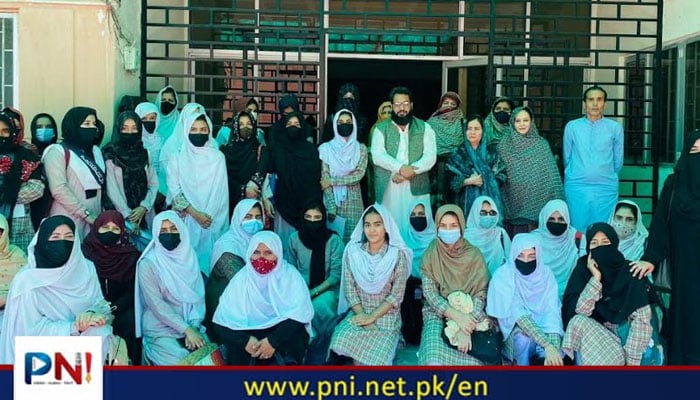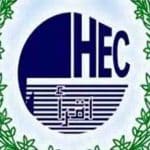Islamabad, June 28, 2024: The Higher Education Commission (HEC) via its Higher Education Development Programme in Pakistan (HEDP) conducted the first-ever Learning Skills Assessment Test (LSAT) in affiliated colleges/universities across Pakistan. More than 5,000 students, showing a uniform regional, urban and rural, and gender representation, participated in this baseline study.
Featuring contemporary cognitive skills, LSAT is a general ability test formulated in collaboration with Dr. Salvador Malo, the World Bank International Consultant. It focuses on testing the students’ “General Ability” in three areas: Information Management, Communication, and Problem Solving.
Since the formal rollout of the revised Undergraduate Education Policy (UEP) in September 2023 across the country, it is important to gauge its impact on learning outcomes via an assessment study, especially in the public sector. Focusing on Pakistan’s comparatively neglected and resource-scarce tertiary education system — composed of affiliating universities and affiliated colleges — HEC conducted this assessment at 16 affiliated colleges and allied affiliated colleges.
There are 77 affiliating universities in Pakistan. Each of the selected 16 affiliating universities has around 10 affiliated colleges and represents major institutes having adequate infrastructure and human resources to execute the assessment of affiliated colleges students and a proven record of conducting tests/examinations for thousands of students.
Unlike most of the assessments conducted in Pakistan’s higher education sector, which focus on evaluating students’ competence in a specific subject, LSAT assesses the general abilities of students.
This is for the very first time in Pakistan’s higher education public sector history. Globally such tests are commonly used in educational settings to evaluate an individual’s overall cognitive aptitude and problem-solving skills. This general ability test is a standardised assessment that measures various cognitive abilities, including verbal reasoning, numerical reasoning, and abstract reasoning. It also randomly includes assessing spatial reasoning and mechanical reasoning.
Last year, HEC along with Dr. Salvador finalized the assessment tool and conducted a consultative workshop with select 15 faculty members from different HEIs from diverse educational and disciplinary backgrounds such as Science, Arts, Humanities, Social Sciences, Mathematics, and Psychology to fine-tune the methodology of the study.
The baseline LSAT data will establish a national baseline of students’ skills in Information Management, Communication, and Problem-Solving Skills. The next assessments will be conducted in December 2024 and May 2025 to assess the improvement in the acquisition of the general abilities among students enrolled in affiliated colleges of Pakistan.
HEDP is a flagship project of HEC, which supports HEC in its strategic areas of research, governance, capacity-building policymaking, and a wide variety of IT initiatives for the higher education sector.
Follow the PNI Facebook page for the latest news and updates.







